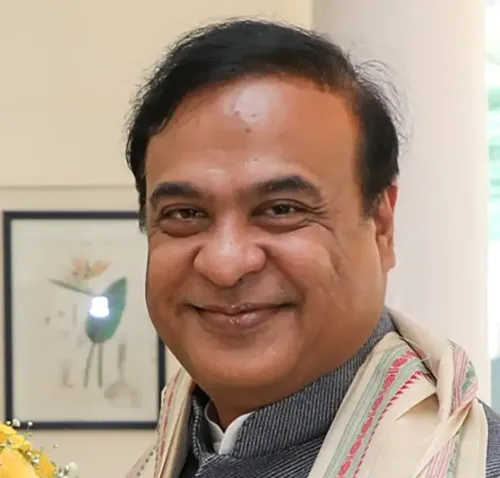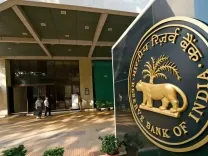Nagpur Riots: Faheem Khan Claims Political Bias in Bail Request

Synopsis
Key Takeaways
- Faheem Khan alleges political motives behind his arrest.
- Khan was arrested two days after the riots.
- His bail plea is set for a hearing on March 24.
- Authorities have intensified arrests, totaling 105.
- Events leading to the riots involved accusations of desecration.
Nagpur, March 21 (NationPress) Faheem Khan, the main suspect in the recent Nagpur riots, was arrested on March 18 and has since submitted a bail application, claiming his detention is part of a political conspiracy.
Khan stands accused of inciting disorder among the crowd. The riots have deeply affected the city, with Khan identified as the alleged mastermind, taken into custody and placed under police detention.
His bail application is anticipated to be heard shortly.
On Friday, he petitioned the High Court for bail, asserting that his arrest was politically driven.
Khan believes his name has been wrongfully associated with the case as an act of political revenge.
On March 19, Faheem Khan, the city president of the Minorities Democratic Party, was taken into custody just two days post the riots and instances of arson that rocked Nagpur.
Initially held under police remand, his custody was transitioned to judicial oversight on Friday due to worries over his declining health.
Authorities have signaled their intention to seek his custody again in the future.
Meanwhile, reports indicate that Khan has approached the Nagpur district sessions court, filing a bail application that is set to be reviewed on March 24.
The incidents leading to the riots commenced when Faheem Khan, with a significant assembly, visited the Ganeshpeth police station to file a formal complaint.
He accused activists from the Vishwa Hindu Parishad and Bajrang Dal of desecrating Aurangzeb's symbolic grave and burning his portrait in the Mahal Gandhigate region.
The alleged desecration involved a green sheet marked with 'Aayat', which, according to Faheem Khan and Shamim Khan from the Minority Democratic Party, severely offended religious sentiments.
This incident, they assert, provoked outrage among the youth, leading to the riots.
Faheem Khan, spearheading a group of 40 to 50 youths, presented a statement to the Ganeshpeth Police Inspector, demanding legal action against the perpetrators of the desecration.
The police assured him of taking action and sent him away.
However, as the group passed through the Gandhigate area, slogans were raised, resulting in a heated confrontation.
Within two hours, the situation escalated into stone-pelting, with a large crowd taking to the streets and targeting the police.
Faheem Khan is accused of inciting this violence.
In his application, Faheem Khan maintains that his involvement in the riots is a fabrication, motivated by political malice.
He argues that mere mention in an FIR does not equate to active engagement in the violence.
Meanwhile, law enforcement has intensified its crackdown, arresting 14 more individuals on Friday, raising the total number of arrests to 105, including 10 juveniles.
The case continues to evolve, with investigations underway and the city dealing with the aftermath of the unrest.










